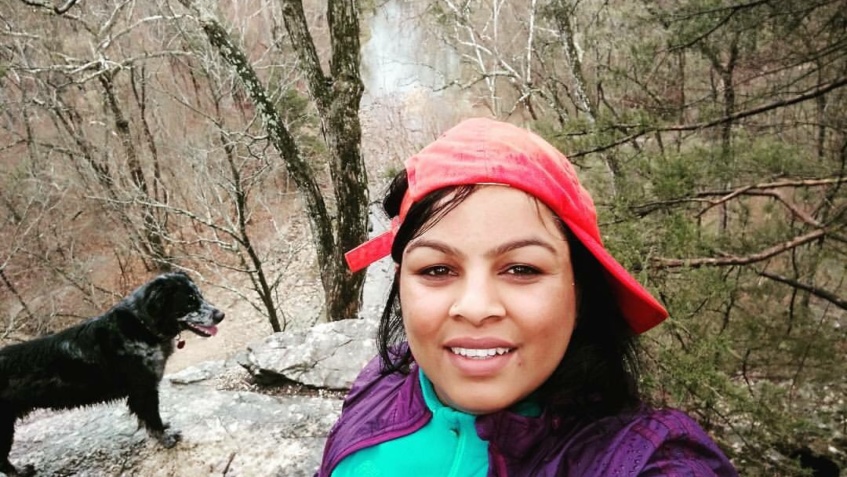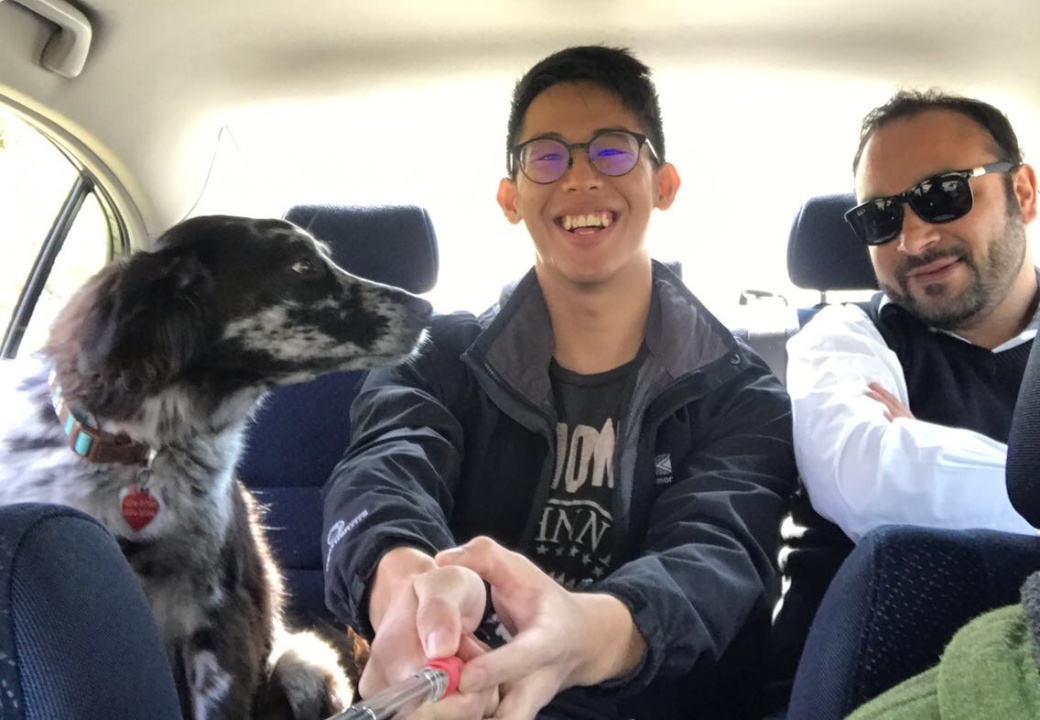One aspect of U.S. culture that I’ve found striking is how much people love their dogs.
Almost every home I visited here had a pet dog. I see people walking them every morning and evening, and I can see happiness in the eyes of the owners when they caress their canines. They are an integral part of the owner’s life.
Of course I like dogs, but I don’t have experience caring for them and showing affection towards them as pets. In Nepal, dogs are mostly left to roam on the streets. In my country, this much love is given only to children. (There are some exceptions)
Most of the tenants in my apartment building in Kansas City live alone. Alone? Well, not really. Most of them live with their dogs. As for the elderly residents, their children live in another house or apartment, and so dogs are their friends and substitute family members.
People also bring dogs to the office, which is quite a cultural shock for me. Back home this scene is rare. Once exception I know of is my mentor and editor of Nepali Times, who often post pictures of his dog Kuire in the office.
One day when I was sharing this cultural difference with Mike Sherry, the online news editor at Kansas City Public Television, and he shared a story with me that made me even more shocked. One of his relatives’ dogs has been diagnosed with cancer. When the doctor asked if she could arrange to pay for the chemotherapy, she said yes. The dog is now undergoing the expensive treatment. I wish people in my country whose lives are lost because of the lack of medicine could get that much care.
The culture of having dogs and providing them with good care is gradually changing in Kathmandu, however.
When I see people walking with dogs, I remember the dogs who lived at our house. My family had dogs for almost 20 years, but the way we care for dogs is not the same as the way people do in the U.S.
We never bought food for dogs. The only things we bought for them were collars and medicine when they were ill. We give them only leftovers of our food. The dogs become so happy when they smell meat being cooked in the kitchen because we would give them leftover bones. But here, I find that people are very strict in giving the dogs packaged pet food.
We used to bathe them five or six times a year and never allowed them into our bedrooms. Forget about the kitchen. If a dog went into the kitchen, the room would be unsacred. But I think our love towards dogs was no less.
The last one, named “Sendy,” died of some strange disease in 2014, and we were heartbroken. I always felt he died because we didn’t give enough time to care for him. After Sendy, we did not have another dog in our house because there was no one in the house full time to take care of him.
Here I realize that my argument is not valid. People here seem so busy. But they always have time to look after their pets.
I read that the love between dog and human is mutual. A dog seeks human attention and affection.
So here I am developing this interest to again have pets in my home when I return to Nepal. Indeed, I have learned how to show your affection towards them. They will definitely reward me in return with their devoted affection.










